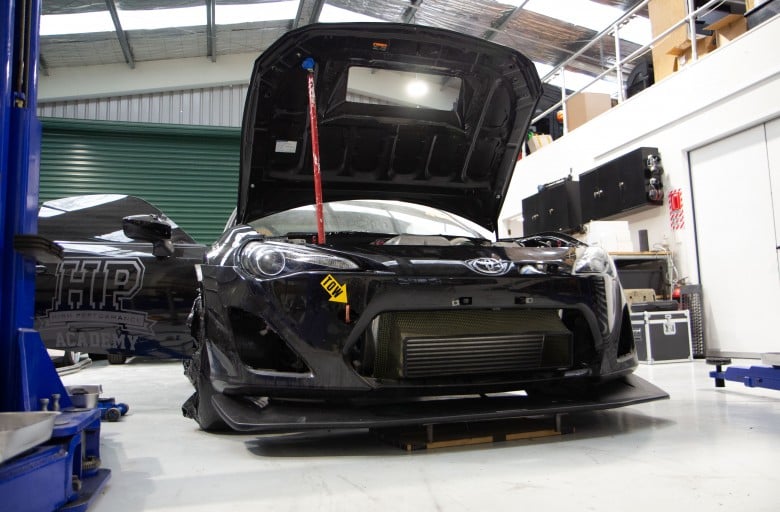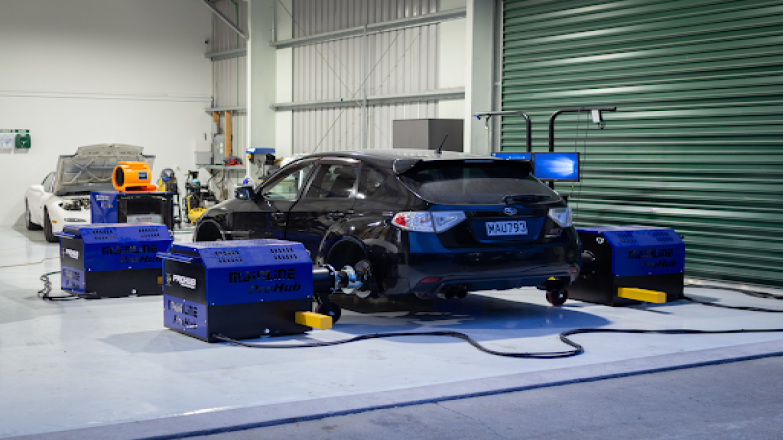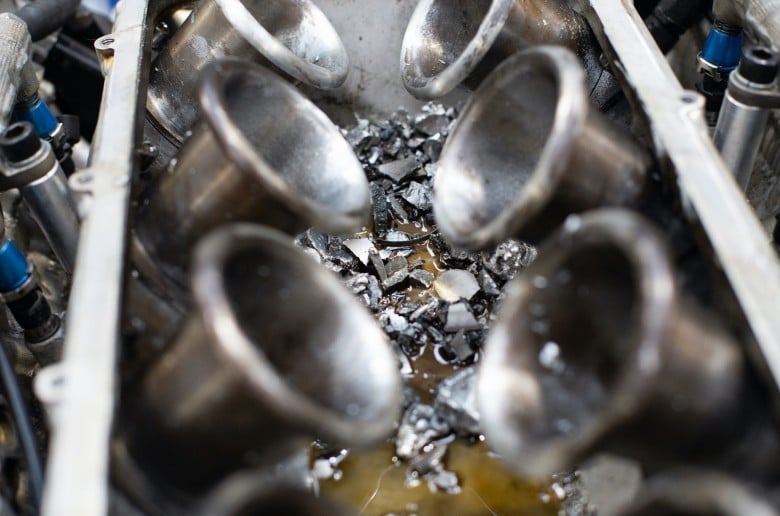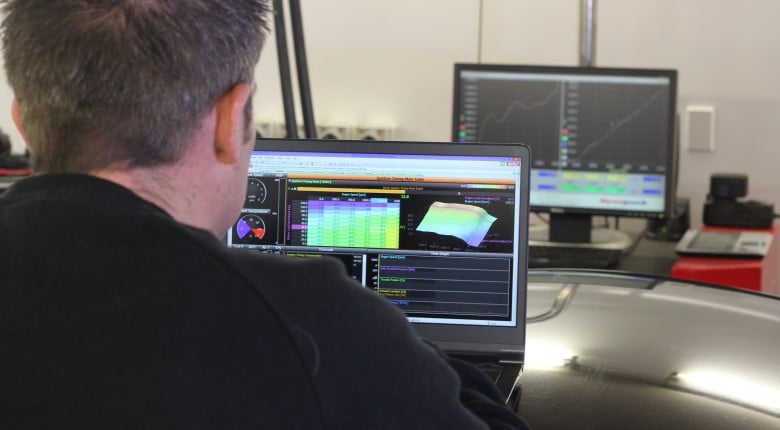After spending the last 15 years tuning high performance engines, I still get confused at how some people will spend thousands on engine components, superchargers and fuel systems and then scrimp and save when it comes time to get the engine tuned. Now maybe I am a little biased, but the way I see it, the tuning is the last part of the puzzle and this is what is going to extract the performance out of all those expensive bolt-on parts. Lets not forget that a good tune can also mean the difference between reliability and a blown engine.
So you have decided to lay down your hard earned cash and get your new project car professionally tuned. Where do you go? Who should you talk to? It can be difficult finding someone to trust with your pride and joy, and know that they are up to doing the job properly. That is not to say that engine tuning is some black-art that can only be mastered by a select few. The problem is that with no industry standard or training for engine tuning, not all tuning shops are created equal.
In this article I’m going to give you my checklist of what you should be looking for when it comes to getting your car tuned.

Where To Start?
One of the best ways of finding a tuning shop to perform your work is by word of mouth. This says a lot more about the quality of a workshops tuning than a big glossy advert. Talk to their customers and see what their experience was like. In particular consider these areas:
- How does the car start from cold?
- What is the fuel economy like?
- Is the engine smooth and responsive?
- What was the power gain?
- What was the cost?
- Were there any unexpected costs or issues?
Notice that power isn’t the first question you should be asking. Tuning any engine for peak power is actually reasonably easy and it doesn’t take very long, which is why a lot of tuning shops only ever focus on peak power. Unless you have a drag car though, full power isn’t very relevant. In a road car, you will spend 95% of your time cruising around at part throttle. This means that smooth driveability, cold starting and idle quality are all much more important than a few extra kilowatts at full throttle.
When a car manufacturer builds a new engine, they have a team of technicians tasked with the job of performing the tuning work. They take months to do this task and the engine is tested and validated in all sorts of conditions. In the aftermarket however, we are trying to replicate this work in the space of only a day or two. That doesn’t mean the job is impossible, but it does need to be done right!

Is A Dyno Eessential?
A dynomometer lets us replicate driving a car on the road, all from the safety and comfort of the workshop. As well as simulating load on the engine, the dyno will also give the tuner some important information about torque, power and air fuel ratio that is critical to getting the best results. A dyno is an expensive piece of equipment, and many tuners make do by road tuning cars instead. While tuning a car on the road can still get adequate results, a dyno is always the preferable option.
A dyno will let the tuner know when the fuel and ignition timing is optimised, allowing the tune to be completed faster and more safely while providing better engine reliability.

Will The Tuner Guarantee Their Work?
The tuning industry in general gets a pretty bad rap, and most people on the outside seem to think that every dyno shop has engines going bang every second day. This is enough to scare some people off ever modifying their car in the first place. Fortunately most of these stories are just Chinese whispers that get blown out of proportion. Trying to extract maximum performance out of an engine can be a risky business, but engine failures are fortunately very rare.
It pays to be realistic about what you expect though. If you are chasing a world record and expecting to bust out 1000+ kW then things can go wrong. If you have asked the tuner to push the engine to the limit and it suffers a mechanical failure unrelated to the actual tune, it probably isn’t your tuner’s fault. The tuner is in charge of giving the engine the correct amount of fuel and ignition timing and this means your engine should not be run lean and should not suffer from detonation. Exceeding the mechanical strength of the engine is a different matter.
The most common reason for an engine failure is that there was an existing problem with the engine before it ever got to the dyno. If your engine is suffering from years of neglect or haemorrhage oil and water from every orifice, a dyno session probably isn’t going to end well.
With all this in mind, you aren’t likely to find a tuning shop anywhere in the world that will guarantee your engine will make it through the tuning process. If your engine is well maintained and you are realistic with your aspirations though, you have little to worry about.
If you want some insight into the tuning process your chosen tuner will do for you, enrol for a free 45 minute lesson now.







